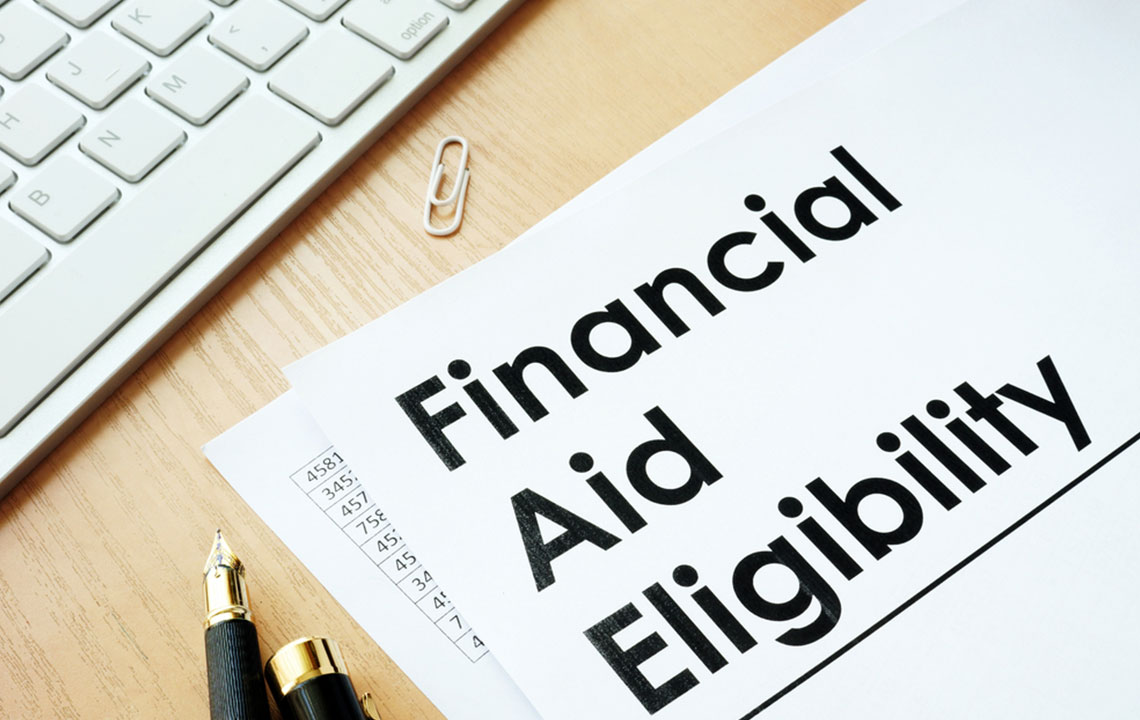Comprehensive Financial Assistance Programs for Single Mothers Pursuing Higher Education
This article explores various financial aid programs available for single mothers pursuing higher education. It highlights federal, state, and private resources, as well as tips for applying effectively. Accessible scholarships and grants can significantly ease financial burdens, enabling single mothers to attain their academic and career goals. Understanding eligibility and navigating the application process is key to maximizing these opportunities. Higher education is vital for career advancement, and with comprehensive financial support, single mothers can overcome obstacles and succeed academically. This guide offers detailed insights to help single mothers access the financial aid they deserve.

Comprehensive Financial Assistance Programs for Single Mothers Pursuing Higher Education
In today’s increasingly competitive job market, obtaining higher education is more than a personal goal; it’s a vital pathway to better career opportunities and financial stability. For single mothers, balancing educational pursuits with everyday responsibilities presents unique challenges, often reinforced by financial constraints. Thankfully, numerous financial aid programs are designed specifically to help single mothers overcome these challenges and achieve their academic dreams. Understanding these opportunities and navigating the application process can be crucial in making higher education accessible and affordable.
Financial aid encompasses a variety of grants, scholarships, and assistance programs offered by federal agencies, state governments, private institutions, charities, and educational organizations. These resources can significantly reduce the financial burden associated with college tuition, fees, living expenses, and educational supplies. While eligibility criteria vary, many programs are specifically tailored toward supporting low-income students, single parents, and women seeking advanced education.
Federal financial aid remains a cornerstone for many students. Established in 1972, the Pell Grant is one such program, providing need-based grants that do not require repayment, which are especially beneficial for single mothers financing their education. Pell Grants are awarded based on financial need, enrollment status, and other factors. Aside from Pell Grants, there are supplementary federal programs such as the Federal Supplemental Educational Opportunity Grant (FSEOG), which targets students with exceptional financial need, and the Academic Competitiveness Grant (ACG), designed to reward high-achieving students with financial support.
State and local governments also offer a wide range of aid programs aimed at supporting residents pursuing higher education. These vary by location, but many include grants, scholarships, and low-interest loan options designed to assist low-income families and single parents. Additionally, some states provide specific programs targeting single mothers, recognizing the unique barriers they face in balancing family and education.
Veteran and military organizations sometimes provide scholarships and grants for single mothers who have served or are associated with military families. Recognizing the sacrifices these individuals make, numerous foundations and charitable organizations dedicated to veteran support offer targeted financial assistance to help them achieve educational goals.
Private colleges and foundations also play a significant role in supporting single mothers through scholarships and grants. Many higher education institutions have dedicated programs aimed at promoting diversity, inclusivity, and support for non-traditional students, including single parents. These private efforts often have competitive application processes but can provide substantial financial aid packages that significantly reduce out-of-pocket costs.
Charity organizations and community groups are another invaluable resource. Several nonprofit groups, religious organizations, and community foundations focus on assisting single mothers through scholarships, emergency grants, and mentorship programs. These groups often tailor their support to the specific needs of single mothers, providing both financial help and emotional encouragement as they pursue their educational goals.
Educational departments and government agencies continually update and expand their aid offerings, emphasizing the importance of reaching underserved populations. For prospective students, it’s vital to research and contact these agencies directly to obtain detailed information about available programs, application deadlines, and eligibility requirements.
Success in securing financial aid requires proactive engagement. Potential applicants should gather necessary documentation such as proof of income, family size, academic records, and any other credentials required by specific programs. Applying early and thoroughly completing all application components enhances chances of receiving aid. Additionally, seeking assistance from college financial aid offices, guidance counselors, or online resources can help navigate the often complex process of applying for financial aid.
In conclusion, numerous financial aid options exist to support single mothers in their pursuit of higher education. While the process can be challenging and competitive, the rewards include increased earning potential, personal development, and the ability to establish a more secure future for oneself and one's family. It is imperative for single mothers to explore all available resources, understand eligibility nuances, and apply diligently to maximize the support they can receive. Higher education is an investment in a brighter future — and with the right financial assistance, it is an achievable goal for many single mothers.





